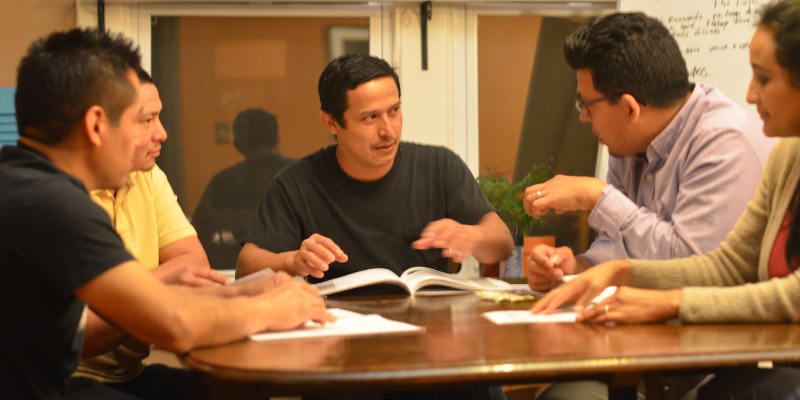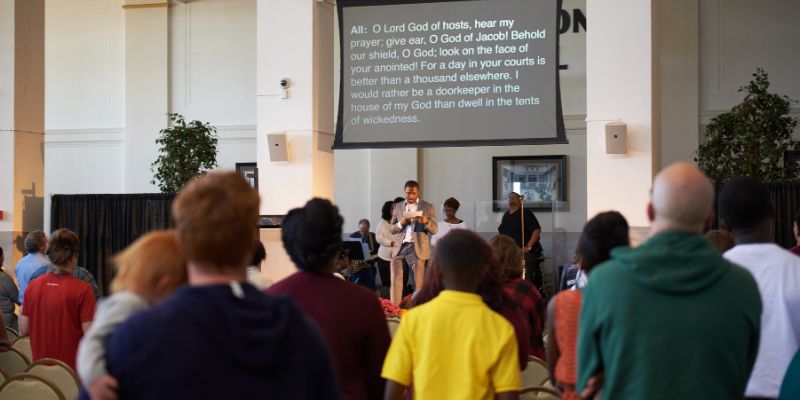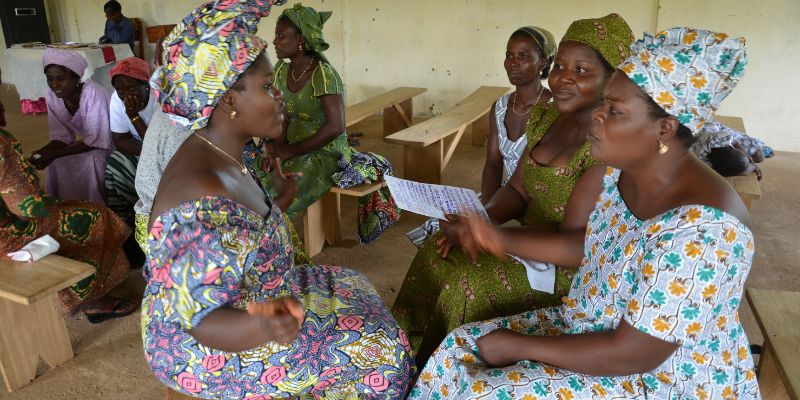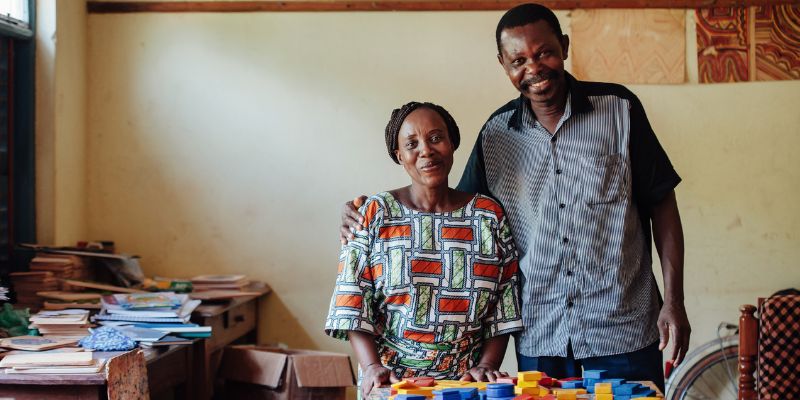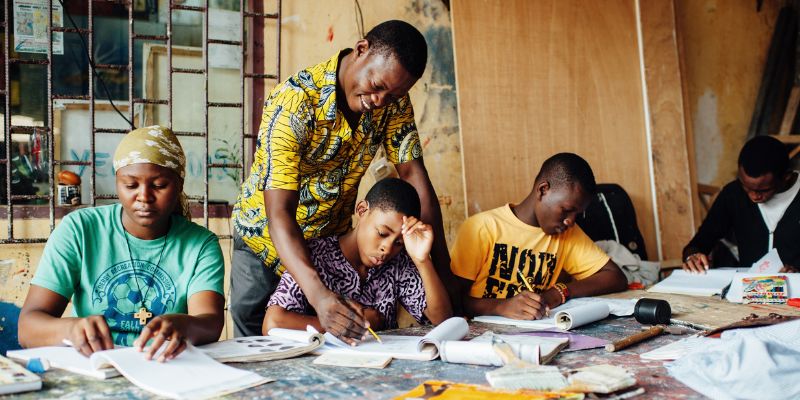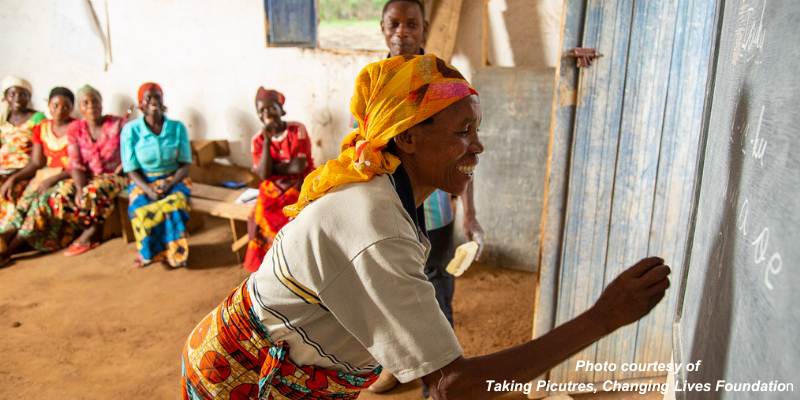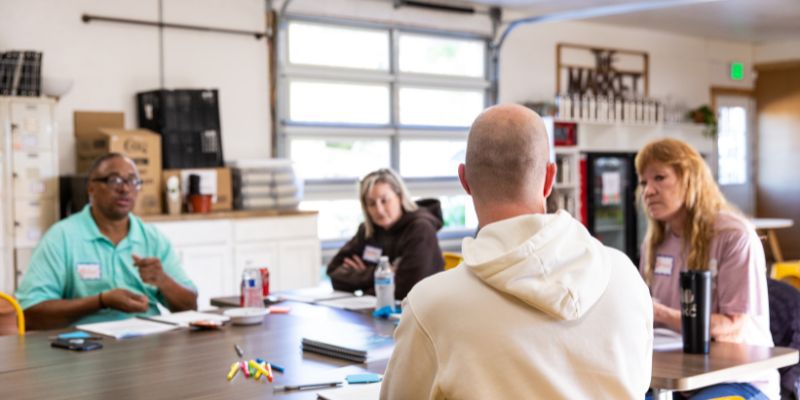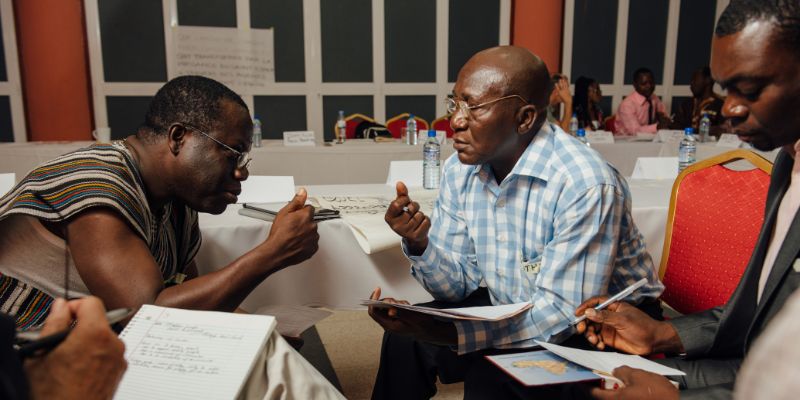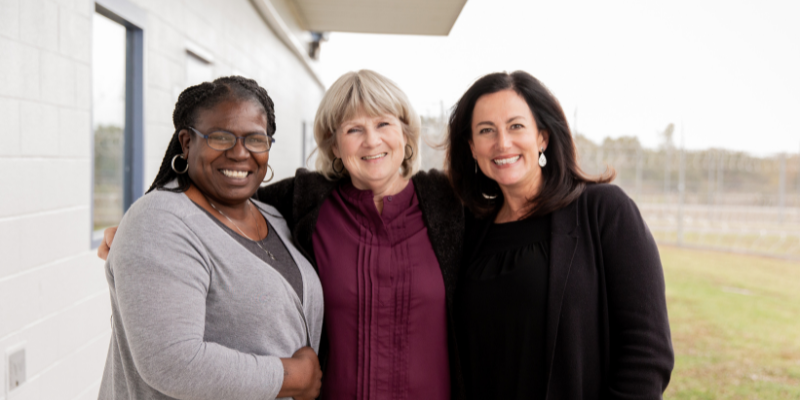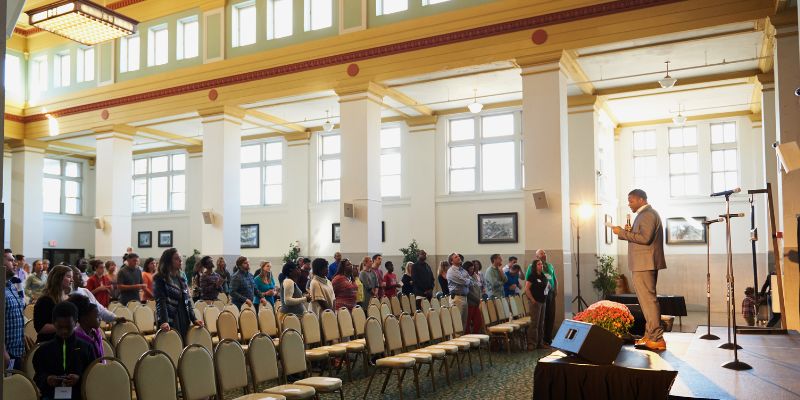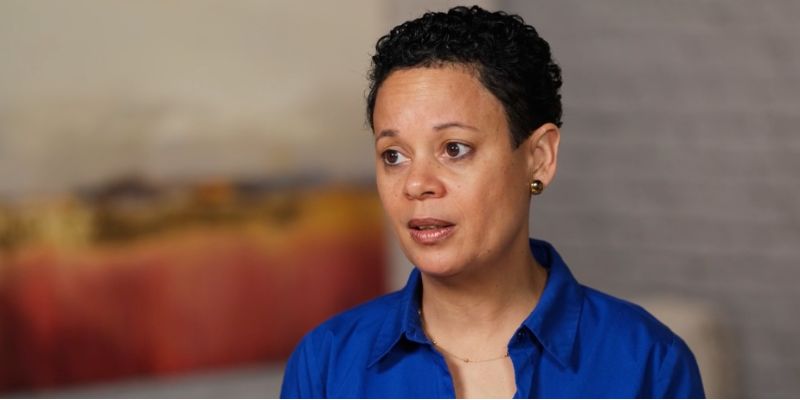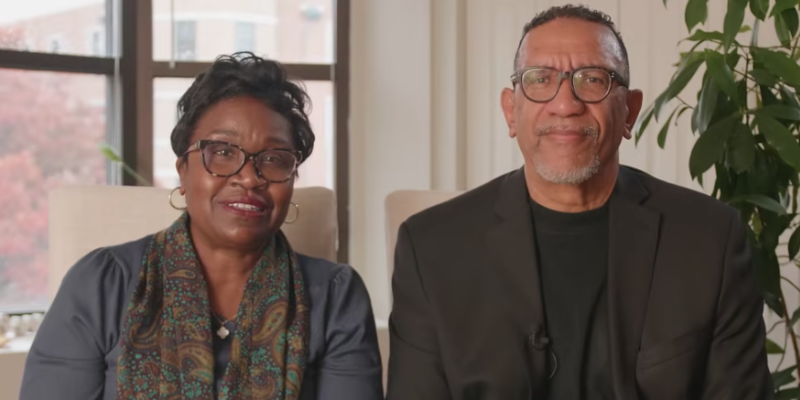Search
Categories
Tags
Mutual Transformation in God’s Family
People are not projects. Please listen to these words and take them to heart. All human beings are made in the image of the living God. This means we are never merely projects defined by our economic statuses, our material possessions, or our vocations, graded on some scale of how well we are doing at life. Rather, we are equal in worth and in dignity, and this is true across race, nationality, age, culture, and gender, etc. In the same way, the church is full of beautiful, broken people gathering together to embrace Jesus’ love and to extend benevolence to all people. Doing benevolence well is an act of love in itself.
Addressing Brokenness through Ministry Design Principles
Over the last few months, we have reviewed the Ministry Design Principles established by A Field Guide to Becoming Whole, and today we look at the last five principles. Creating and stewarding God’s Kingdom Community means that we need to actively care about our stories, practices, systems, people, and spirits, which these twenty principles seek to address. Together, these principles help us steer our ministries toward a whole, flourishing community in Christ.
Becoming Whole Through Formative Practices
Building God’s kingdom community means working to replace destructive formative practices with those that lead to true flourishing. The Ministry Design Principles we’re highlighting this week focus heavily on the relational aspect of poverty alleviation. Afterall, we are each innately relational beings with minds, affections, wills, and bodies, and we need to remember this as we walk alongside people in material poverty.
Holistic Approaches to Development
Material poverty is complex, and not reducible to a single cause. Healthy, sustainable poverty alleviation ministries need to address all five root causes of material poverty—Individual brokenness, Systemic brokenness, false stories of change, broken and destructive formative practices, and demonic forces. Over the last few weeks, we’ve looked at Ministry Design Principles that contribute to the kingdom community and to God’s story of change, and today we continue examining principles that equip us to replace destructive formative practices. We seek to evaluate and replace our existing practices in favor of those that empower and equip our communities.
Reframing Our Ministry Practices in Light of God’s Story of Change
Resuming our journey through the Ministry Design Principles, we turn our attention to replacing destructive formative practices in our fundraising, in our relationships with stakeholders, and in our marketing strategies. A ministry working to walk in the path of God’s story of change pursues practices that treat all stakeholders as a community of broken yet restored priest-rulers, people who are relying on the power of Christ’s death and resurrection to jointly steward their wide range of gifts.
Financial Education with Kingdom Goals
Jerilyn Sanders has been the Director of U.S. Training at the Chalmers Center for over 10 years. Her work combines two things: her love for God’s people and her passion for education that empowers the disenfranchised. In 2011, Sanders was part of the team that created and rolled out Faith & Finances, a financial education curriculum that’s a tool for holistic community ministry. She answered a few questions to share more about her work and the ways Faith & Finances is helping churches and ministries love their low-income neighbors well.
Combating False Gods and False Stories in Ministry Design
We’ve been sharing Ministry Design Principles in a series of posts (you can read last week’s here). All these principles can, in some sense, be bundled under 6 aspects of holistic poverty alleviation—1) Forming the kingdom community, 2) addressing false stories of change, 3) addressing broken practices, 4) addressing broken individuals, 5) addressing broken systems, and 6) addressing demonic forces.
Foundational Ministry Design Principles
Poverty alleviation is complex, so principles are more helpful than blueprints for designing an effective poverty alleviation ministry. There is no one-size-fits-all solution to material poverty, and context matters, too. Ministry tools and strategies that work well to facilitate lasting transformation in a rural village in Togo might not work in an urban area in the U.S., and vice versa. Effective, sustainable ministry reflects God’s story of change and the way He has made us as human beings.
Why We Need Ministry Design Principles
Ministry focused on addressing poverty is fundamentally about promoting change. It’s about helping people and communities move to a better situation than their present one.
You’re More Than Your Past
As someone previously incarcerated, Chanda knows first-hand how broken relationships are at the core of poverty. It’s why she continues to show up for incarcerated women with biblical truths and practical resources — like Faith & Finances Inside.
Mapping Your Church’s Assets
Local churches that have been engaged with a biblical framework for addressing poverty or have used various tools and trainings from the Chalmers Center know that one of the biggest keys in a healthy ministry is taking an asset-based, rather than a needs-based approach. An asset-based approach helps us see that all people, both those who are materially poor and those with material wealth, can contribute to poverty alleviation efforts.
Resurrection as Reconciliation and Empowerment
As the Chalmers Center staff gathers with our churches and families to celebrate Easter this week, we join with Christians around the world, declaring “He is risen!”
A Call to Benevolence: Helping Your Church Love Your Neighbors in Material Poverty
The Ministry of Jesus has always been word and deed. Wherever Jesus went, he preached the Kingdom of God. As he went, he healed people who were sick and hurting and in trouble as a sign that His message was true and the kingdom was at hand.
Recruiting and Equipping Effective Volunteers
When it comes to poverty alleviation ministry, it’s not uncommon for new volunteers to feel excited about getting involved. They can’t wait to make a difference. But if these volunteers aren’t well-prepared for the work they’re joining, over time, they will likely begin to feel overwhelmed and discouraged. They realize that there are more needs than resources and there is always something else they could do to help. Walking through deep valleys with people wrestling with material poverty, the road is often rough and the way forward isn’t always clear. These sorts of challenges are part of the reason that The Chalmers Center regularly talks about the importance of training volunteers.



